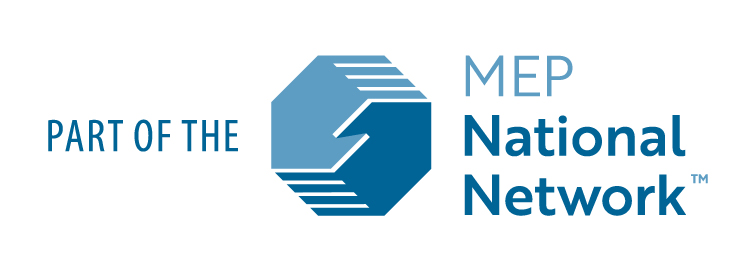Training Within Industry
Leveraging the role of supervisors and team leaders to increase productivity, improve morale, and reduce training time.
TWI, the foundation for Continuous Improvement, provides the framework for employees to apply what they learn by leveraging the role of the supervisor to apply the principles of Kaizen and Lean Manufacturing on an on-going basis.
TWI consists of four standardized programs that help employees quickly adopt essential skills for job instruction, methods improvement, leading, and health & safety. Each program follows a proven four-step process: Preparation, Presentation, Application, and Testing. Supervisors are given the opportunity to learn and practice the process in a confidential, low-stress, and highly supportive environment. Each program is simple, straight-forward and easy to implement.
- Job Relations Training (JR) – Teaches supervisors how to build positive employee relations, increase cooperation and motivation, and effectively resolve conflicts. JR emphasizes that people must be treated as individuals. Supervisors are given foundations for developing and maintaining good relations to prevent problems from arising. Principles include providing constructive feedback, giving credit when due, telling people in advance about changes that will affect them, making the best use of each person's ability and earning the employee's loyalty and cooperation. When problems do arise, it teaches supervisors how to get the facts, weigh tem, make the decision, take action, and check results.
- Job Instruction Training (JI) – Teaches supervisors how to quickly train employees to do the job correctly, safely, and conscientiously. The objective: help supervisors develop a well-trained workforce resulting in less scrap and rework, fewer accidents, and less tool and equipment damage. Supervisors are taught to effectively break down a job for instruction. The method emphasizes preparing the operator to learn, giving a proper demonstration, identifying the key points in the job, observing the operator perform trial runs, and tapering off coaching while continuing to follow up.
- Job Method Training (JM) – Teaches supervisors how to improve the way jobs are done. The aim of the program is to help produce greater quantities of quality products in less time by making the best use of the people, machines, and materials now available. Supervisors are taught how to break down jobs into their constituent operations. They question details and develop new methods by eliminating, combining, and rearranging these details.
- Job Safety Training (JS) – Provides a framework for supervisors to engage employees in identifying potential hazards and eliminating them in conjunction with their training and knowledge in OSHA and EPA regulations. This program teaches supervisors a method to analyze the chain of events leading to accidents and hazardous situations. Root causes are identified and remediated to "break the chain". JS stresses that the relationship of the supervisor and employees plays a pivotal role in a safe and environmentally responsible workplace.
- Additive Manufacturing
- Collaborative Robotics Assistance
- Cybersecurity
- Digital Manufacturing & Design Assessments
- Digital Manufacturing Technology Center (DMTC)
- Digital Transformation and AI Technologies
- Employee Attraction & Retention
- Executive Peer Groups
- ExporTech™
- Food and Beverage
- Leadership Development
- Lean Manufacturing
- Lean Office
- Onboarding
- Quality
- Six Sigma
- Supplier Scouting Network
- Supply Chain
- TAP InDev
- Training Within Industry
Contact

Lead Productivity Improvement Specialist


